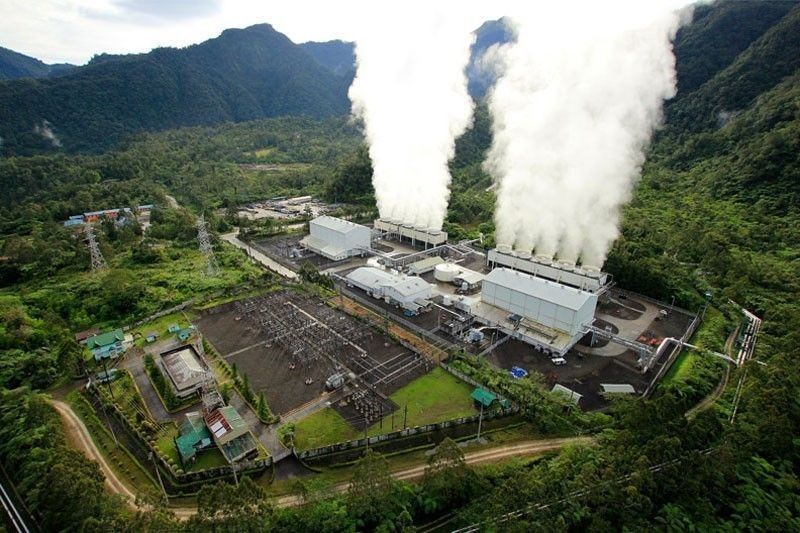EDC aims to become a zero-waste company

MANILA, Philippines — Lopez-led Energy Development Corp. (EDC) is taking steps to become a zero-waste company as part of its mission to achieve a regenerative and decarbonized future.
EDC has teamed up with Plastic Flamingo (PLAF) for its plastic-to-shelter project to achieve its goal to eventually be a zero-waste company.
PLAF is a French social enterprise with a pilot project in the Philippines that aims to develop a solution to fight marine plastic pollution in emerging countries.
Under the agreement, plastic waste materials of EDC employees who are based in Manila and adjacent areas will be collected once a month and will be turned over to PLAF for proper waste recycling, upcycling and disposal.
Part of PLAF’s program is segregating the collected plastics according to its classification and transforming them into eco-planks.
The eco-planks are used in producing emergency shelter for populations hit by disaster.
Waste management is nothing new for EDC since the company has been releasing sustainability reports since 2010 following the Global Reporting Initiative that includes how it manages its hazardous and non-hazardous waste.
EDC corporate support functions head and assistant vice president Regina Victoria Pascual said the company has been implementing various programs to eliminate plastic waste such as information campaigns among employees on proper waste materials disposal and encouraging employees to donate eco-bricks to its sister-company, First Balfour.
“Still, we knew that there’s always a way to do more, to have less waste, to have better environmental impact – which led to our desire to have zero waste in EDC. Our bigger hurdle came last year when we started working from home due to the COVID-19 pandemic and realized that all those food and grocery deliveries and items ordered online that came in layers of bubble wrap have resulted in accumulation of plastic waste in our employees’ respective houses. This led to our search for a partner that can help us manage our personal plastic waste and convert them into sustainable products. The search is over, thanks to PLAF,” Pascual said.
The Philippines was ranked as the world’s third biggest polluter with 2.7 million metric tons of plastic wastes generated annually, according to the report released by McKinsey Center for Business and Environment in 2020.
Based on an article published by the National Institute of Health in the United States, the demand for single-use plastic is expected to increase by 40 percent in packaging and 17 percent in other applications, including medical uses.
Several environmental groups also posed concern over the increasing usage of single use plastic during the pandemic, particularly due to disposable medical equipment such as PPEs, face shields and face masks for the frontliners and the rise in e-commerce as shoppers avoided going to the mall to buy food and other items.
EDC has over 1,499 megawatts (MW) of total installed capacity, which accounts for 20 percent of the country’s total installed renewable energy (RE) capacity.
Meanwhile, the company’s 1,204.67MW geothermal portfolio accounts for 62 percent of the country’s total installed geothermal capacity and has put the Philippines on the map as the third largest geothermal producer in the world.
- Latest
- Trending




























